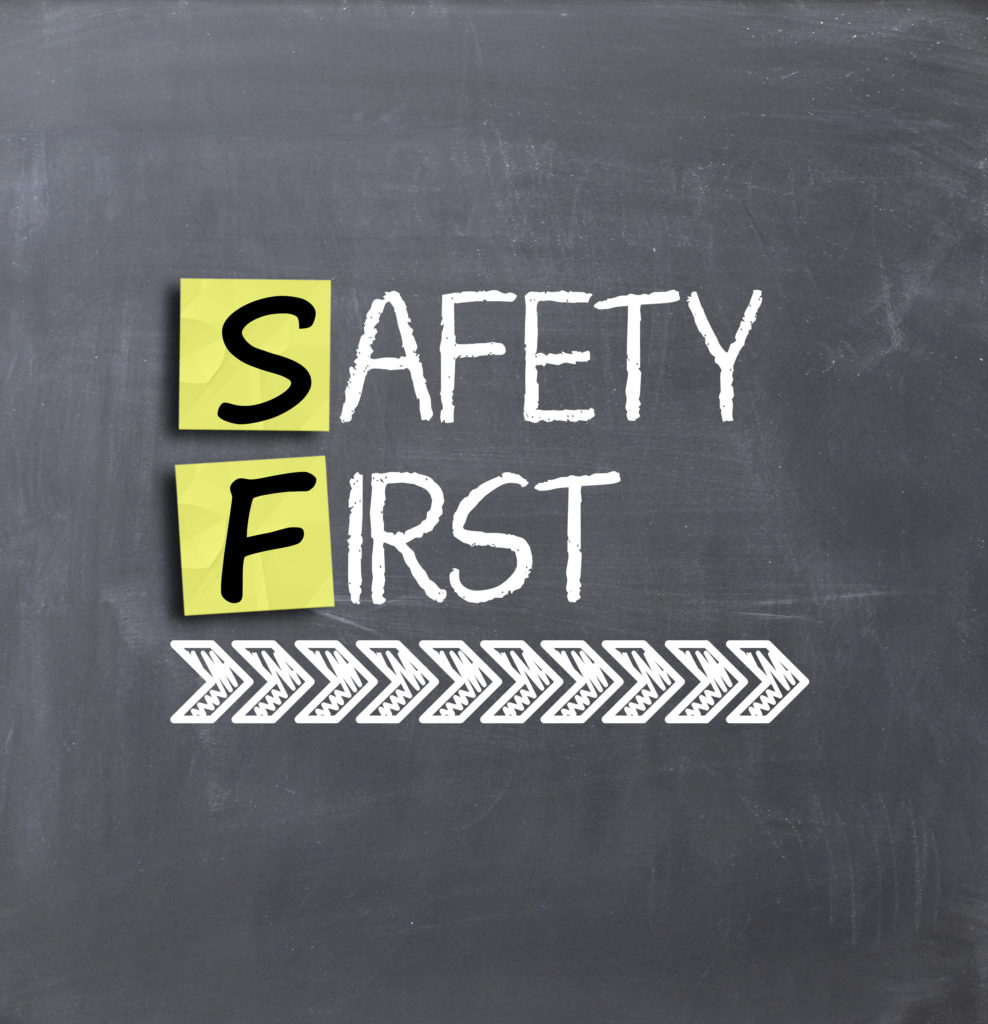If you’re a business owner, you’ll be required by law to have workers compensation insurance in most states and industries, even if you only have one employee. Workers compensation works to protect both you and your employees should any of your employees get injured on the job. Here’s what you need to know about what workers compensation insurance consists of and how workers compensation works.
What Is Workers Compensation Insurance?

Workers compensation is a type of insurance policy that protects both employers and employees in the event of a work-related accident or illness. It covers the costs of work-related injuries and illnesses, such as lost wages and medical expenses.
It helps the employee by providing them with benefits so that they can handle the expenses that come with a work-related injury or illness. It also helps ensure that not only do they have access to the resources they need during recovery, but that they can transition back to work.
It helps the employer by covering these expenses so that you don’t need to worry about your business having to pay for them out-of-pocket. It also helps to protect employers from legal action, if the employee decides to try to sue you for their injury or illness.
Who Pays For Workers Compensation?
The employer is the one who pays for workers compensation premiums. As previously mentioned, workers compensation insurance is required in almost every state for practically every industry.
Typically, premiums are determined based on your annual gross payroll. Premiums can vary depending on the size of your business and your industry – a small web development company with a handful of employees would have much lower premiums than a massive construction company with hundreds of employees.
How Workers Compensation Works
The benefits of workers comp and how it works can vary from state-to-state. Depending on your state, legal requirements and deadlines for coverages and claims vary. In general, though, you can expect the way workers compensation works to follow a similar process across states and industries. Here’s a general overview of how workers compensation claims work.
#1. An Employee Is Injured On The Job
Typically, workers compensation benefits apply to injuries that happen while an employee is on the job, performing their job. If they get into a car accident on their commute, that would not be covered. However, if they get into a car accident while on their way to meet a client, that likely would be covered.
Injuries workers comp covers injuries such as:
- Slips and falls at work
- Carpal tunnel from work
- Back injuries from repetitive movements at work
- And more
Workers comp does not cover injuries that were self-inflicted, that occurred from willful misconduct/negligence/violation of company policy or a law, or if the employee was under the influence of drugs or alcohol.
Ideally, your employee should let you know about their injury as soon as possible. Written notification about the injury and the details surrounding it and how it happened will be needed. Depending on the severity of your employee’s injury, they may or may not be able to give this to you prior to seeking medical attention.
#2. The Employee Seeks Medical Attention
Regardless of whether or not the employee thinks they’re fine, they should seek medical attention after a workplace injury. This is because many injuries and symptoms won’t manifest right away, and you want to ensure that your employee is taken care of. Your employee will also need medical records that document their treatment steps for their claim.
#3. The Injury Is Reported And A Claim Is Filed
As previously mentioned, your employee will need to report their injury and fill out the necessary paperwork in order to file a claim. It’s important that this is done as soon as possible, otherwise they could lose their workers comp benefits. Once your employee reports their injury, you’ll provide them with a claims form and file a claim with your insurance provider, as well as report the injury to the state department of workers compensation.
#4. The Claim Is Investigated
After the claim has been filed, the next step in the process of how workers compensation works is for your insurance company to investigate it. This is so they can determine whether or not to approve the claim and pay benefits or not. This part of workers compensation works to gather all the information about the incident from your employee, from you, and from all provided documents.
This is the step where if you believe the injury isn’t covered by workers insurance, you can bring it up to the workers compensation agency and state why you believe this is. It is also the part where if the claim is denied, your employee can appeal the decision.
#5. Approval Or Denial
Depending on whether the claim was approved or denied, your employee will either begin receiving benefits or they will need to pay for their expenses themselves.
If approved, workers compensation works to provide employees with coverage for: medical bills, lost wages, rehabilitation, and death benefits, such as paying for funeral expenses, to the family if your employee was killed.

What Happens After A Workers Compensation Claim
Your claims history impacts your premiums. You will likely see them increase after a claim has been filed. The best way to keep your premiums low and your employees happy and healthy is to ensure that you are maintaining a safe workplace with regular safety training, following safety regulations, and using risk management resources.
Do You Need Workers Compensation Insurance?
Workers compensation works to help both you and your employees. If you need workers compensation, Insurance Unlimited of Bozeman can provide you with it. Contact us today to learn more about our workers compensation policies.

Call for a Consultation
406-586-1818